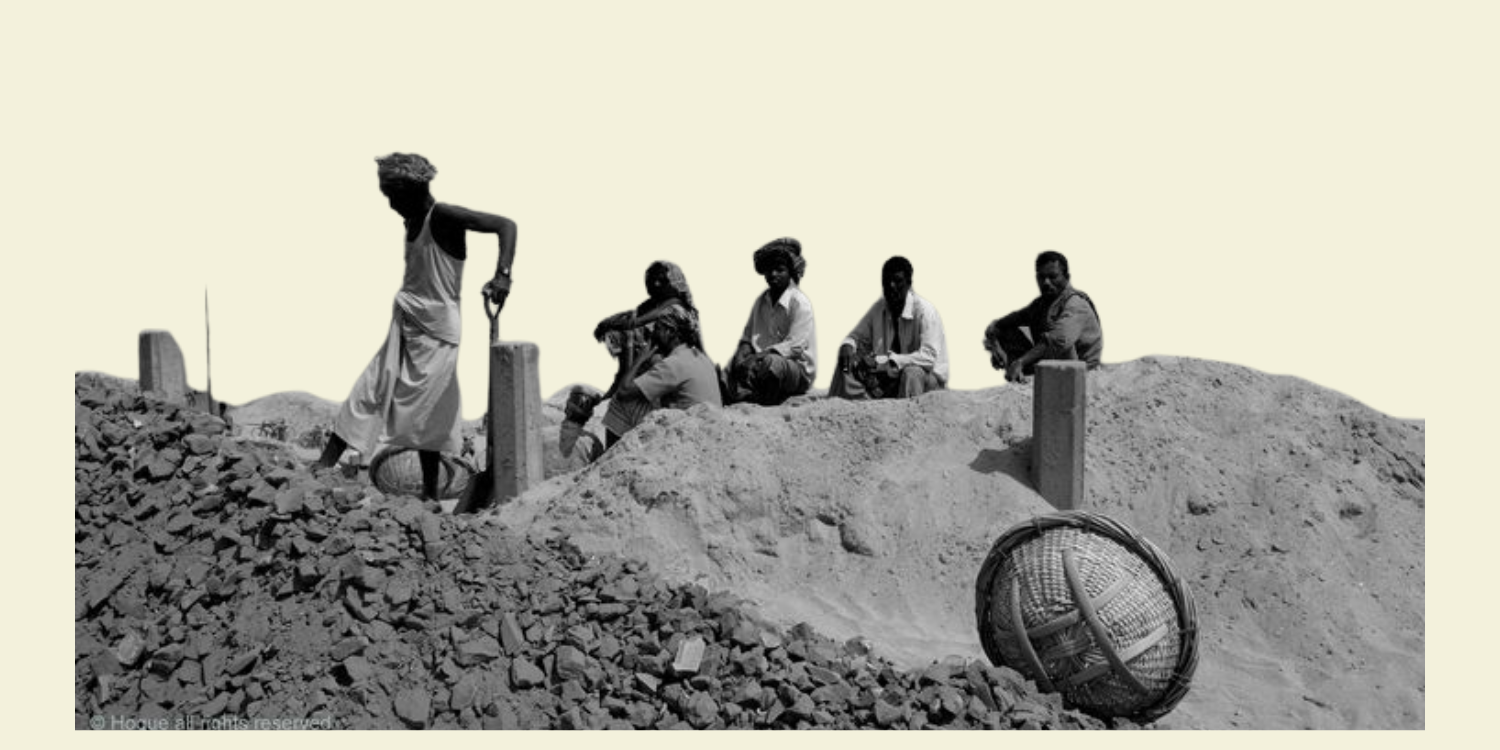ABSTRACT
This paper intends to provide an overview of the RCEP trade deal and look at India’s trade with ASEAN countries to understand how its performance under ASEAN influenced its participation in the RCEP negotiations. The various factors that may have influenced India’s decision to not participate in the RCEP deal are explored. The paper especially highlights the trade relations with ASEAN due to its massive trade deficit which was the major contributing factor for India’s withdrawal from the deal. It also looks at the TPP as a possible alternative, and provides a certain set of recommendations that could be beneficial for India’s international trade scenario.
INTRODUCTION
In recent years, mega-regional trade agreements such as the Regional Comprehensive Economic Partnership (RCEP) have caught the fancy of many South-East Asian countries. The RCEP is a proposed mega trade deal which was negotiated between the ASEAN countries and their Free Trade Agreement (FTA) partners (India, Australia, China, Japan, South Korea and New Zealand). While the forecast of RCEP’s exact benefits is unclear at this juncture, it is inevitable that for some countries it will be an architect of their global trade, and the opposite for some. While trade deals emerge to benefit nations and their growth, they rarely offer a win-win solution. As the former Australian Prime Minister Tony Abbot said “free trade should be under the right circumstances, not the wrong circumstances” (ANI, 2019). The disagreements may arise from the deal’s direct impact on an individual country’s domestic growth, investment, enterprises, and employment. Along the same lines, after fiercely negotiating its demands and issues for the past seven years, India decided to opt-out of RCEP.
The following analysis intends to provide an overview of the RCEP trade deal and look at India’s trade with ASEAN countries to understand how its performance under ASEAN influences its participation in the RCEP negotiations. Furthermore, it aims to provide alternative options for India to explore. The paper is arranged along the following lines: First, the background of the RCEP trade deal is briefly mentioned. Next, India’s role in RCEP is analysed in light of its reasons for not participating in the deal, followed by a subsection on India’s past FTAs and how it impacts the decision. Finally, based on the findings, alternatives and recommendations are suggested.





